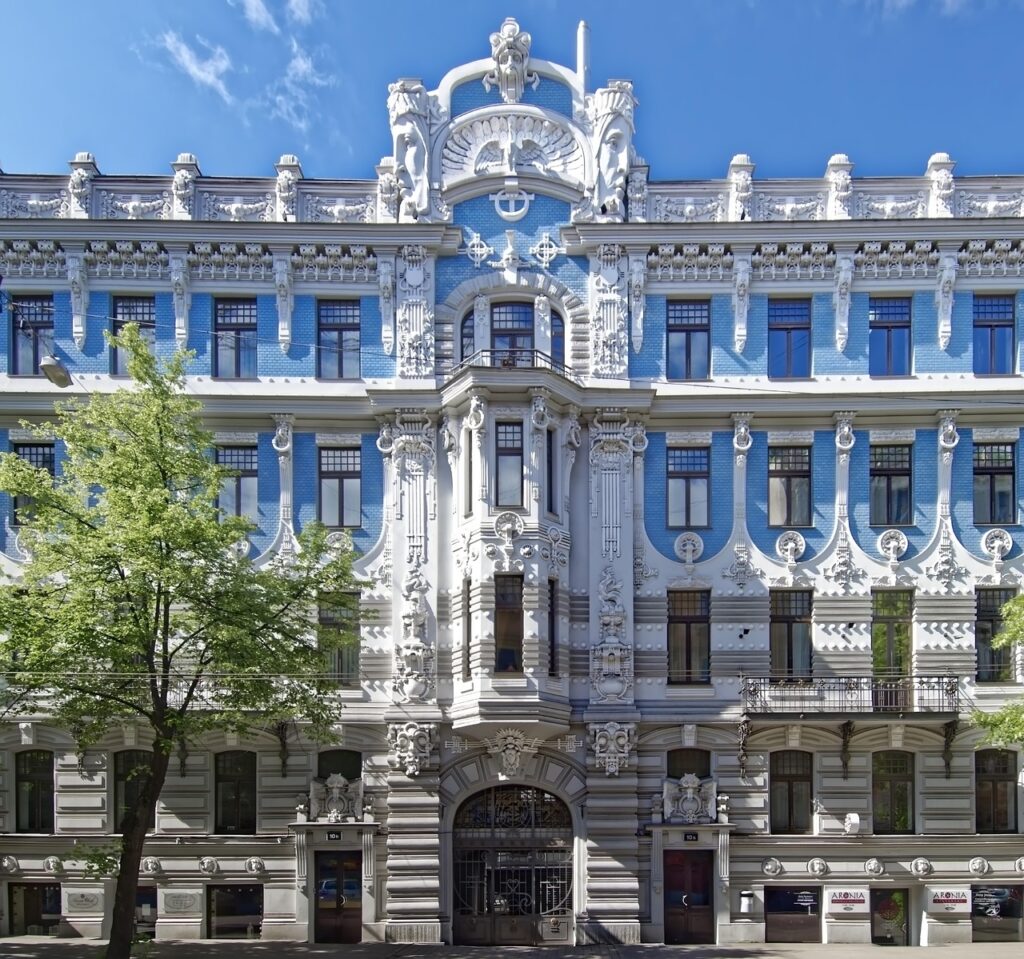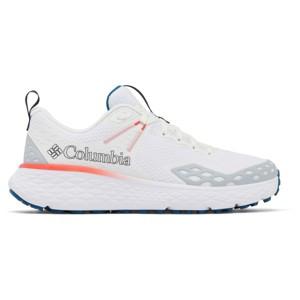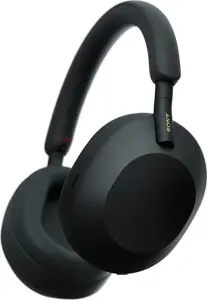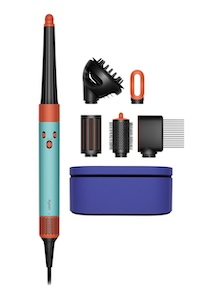
Essential customs rules and
restrictions for entering Latvia
Traveler’s Guide by Parlaxy | Updated: July 23, 2025
Traveling to Latvia – a country celebrated for its vibrant culture, picturesque landscapes, and welcoming atmosphere – requires some preparation, especially when it comes to customs regulations. Whether you’re visiting as a tourist, moving for work, or coming for business, understanding Latvia’s customs rules will help you avoid unnecessary delays, fines, or confiscation of restricted items.
This comprehensive guide offers up-to-date information on Latvia’s customs policies, including duty-free allowances, prohibited and restricted goods, and declaration requirements, ensuring a smooth and hassle-free entry into this dynamic Baltic nation.

Read the full traveler’s guide — or better yet, bookmark this page for easy access later.
It could save you time, money, and unnecessary hassle when passing through Latvian customs.
| Documents Required for Entry | Valid Passport or EU ID Non‑EU/EEA/Swiss nationals: -Passport must be Issued within the last 10 years -Valid for at least 3 months after your planned departure from the Schengen area -Contain at least two blank pages for visas and stamps EU/EEA/Swiss citizens: A valid national ID card is sufficient . -Visa (if applicable) If you’re from a visa-exempt country (e.g., UK, US, Canada, Australia, Japan, etc.), you can stay up to 90 days within any 180-day period Other nationalities require a Schengen short-stay visa. You can apply up to 6 months before, and no later than 15 days before your trip |
| Currency Export and Import Restrictions | As of 2022 bringing euros to Russia and Belarus is forbidden |
| Currency Export and Import Limits by Amount | $10,000 Amounts exceeding this must be declared. |
| Restricted Items for Import | For Travelers from Non-EU Countries Entering Latvia Duty-Free Allowances – Value Limits: Travelers aged 15 or older: -May bring goods worth up to €430 into Latvia duty-free. Travelers under 15 years of age: -May bring goods worth up to €215 duty-free. Note: If the total value of goods exceeds these limits, customs duties, VAT, and possibly excise tax may apply on the excess amount. |
| Prohibited Items for Import | Narcotics and Controlled Substances: All illegal drugs and controlled substances are banned. Counterfeit Goods: Fake products that infringe on intellectual property rights, including clothing, accessories, and electronics, are prohibited. Protected Wildlife Products: Items made from endangered species, such as ivory, certain animal skins, and coral, are not allowed. Weapons and Ammunition: Firearms, explosives, and ammunition require special permits and are generally prohibited without authorization. Certain Food Products: Meat, milk, and products containing these ingredients from non-EU countries are restricted, with few exceptions for items like powdered baby milk or special medical foods. Cultural Artifacts: Importing cultural goods without proper permits or documentation is restricted. |
| Alcohol Import Regulations | If you’re entering Latvia from outside the EU and you’re at least 17 years old, you can bring in the following alcohol quantities duty‑free for personal use: –1 litre of spirits (over 22% alcohol by volume), such as vodka or gin –2 litres of beverages up to 22% ABV, including wine, beer, or liqueurs –4 litres of still wine –16 litres of beer |
| Alcohol Export Regulations | No quantity or value limits for personal-use alcohol exports to other countries, including outside the EU |
| Tobacco Product Import Regulations | Travelers aged 17 and over entering Latvia from outside the EU may bring the following tobacco products duty-free for personal use: -200 cigarettes -100 cigarillos (each weighing no more than 3 grams) -50 cigars -250 grams of smoking tobacco |
| Tobacco Product Export Regulations | Latvia does not apply specific limits on the quantity or value of tobacco products you can export for personal use. |
| Restrictions on Importing Medications and Dietary Supplements | Travelers may bring medications for personal use if they are in original packaging and accompanied by a valid prescription or doctor’s note. Controlled substances (e.g. opioids, steroids) may require prior authorization and are strictly regulated. Quantities must be reasonable for personal use—typically up to 12 months for EU-sourced medicines and up to 6 months for those from outside the EU. Dietary supplements are allowed if legally sold in the EU and clearly labeled. Items from non-EU countries must meet Latvian safety and labeling standards. Always declare medications if unsure. Excessive or undocumented imports may be confiscated. |
| Restrictions on Importing Jewelry and Luxury Goods | Travelers aged 17 and over entering Latvia from outside the EU may bring jewelry, watches, designer accessories, and other luxury goods without paying duties, as long as the total value stays within these limits: -€430 if arriving by air or sea -€300 if arriving by land or river If the value exceeds these amounts, you must declare the items and pay the standard 21% VAT plus customs duties, which vary depending on the type of goods. |
| Restrictions on Exporting Jewelry and Luxury Goods | Travelers leaving Latvia with jewelry, watches, designer accessories, or other luxury items for personal use are generally permitted to do so without paying VAT or customs duties, provided the items are intended for personal use and not for resale. |
| Restrictions on Importing Items of Artistic and Historical Value | As of June 28, 2025, Latvia enforces stricter rules on importing cultural goods from outside the EU to prevent illicit trade and protect heritage. Categories of Cultural Goods: Category A: Cultural goods unlawfully exported from their origin country – import is prohibited. Category B: Cultural goods over 250 years old (e.g., archaeological objects, monuments) – require an import license. Category C: Cultural goods over 200 years old valued at €18,000 or more (e.g., paintings, sculptures, manuscripts) – require an importer statement. Import licenses and statements must be submitted through the EU’s electronic system. Exceptions: Some goods are exempt if the origin cannot be reliably determined or if removed from their origin before April 24, 1972, but proof of lawful export from the last country of residence for five years is required. |
| Restrictions on Exporting Items of Artistic and Historical Value | Export Permit Requirements: -An export permit is required for cultural objects over 50 years old linked to Latvia’s cultural history, especially if produced by registered creators and not owned by them. -Objects over 100 years old, regardless of origin, also require a permit. -The State Inspection for Heritage Protection issues export permits and oversees the trade of cultural goods to prevent illegal trafficking. Goods Requiring Export Permits: -Paintings and illustrations over 50 years old valued at €150,000 or more. -Watercolours, gouaches, and pastels over 50 years old valued at €30,000 or more. -Mosaics and drawings over 50 years old valued at €15,000 or more. -Original engravings, prints, serigraphs, and lithographs over 50 years old valued at €15,000 or more. |
| Restrictions on Importing Pets | For 2025, if you’re bringing a dog, cat, or ferret into Latvia, the pet must have a microchip implanted before the rabies vaccination. The rabies vaccine must be administered at least 21 days before arrival, and you’ll need a valid vaccination certificate. Pets must have an EU Pet Passport or an official health certificate showing they meet Latvia’s requirements. Imports must be for personal, non-commercial purposes only. Certain dog breeds, such as Pit Bull Terriers, Tosa Inu, and American Staffordshire Terriers, are banned and cannot be brought into Latvia. Pets may be checked by customs and veterinary officials upon arrival. It’s best to start preparing at least 30 days before travel to ensure compliance with all rules. |
| Restrictions on Exporting Pets | In 2025, exporting a dog, cat, or ferret from Latvia requires careful preparation. Your pet must have an ISO-compliant microchip implanted before receiving the rabies vaccination, which itself must be administered at least 21 days before departure. Pets with an EU Pet Passport should have all vaccinations and treatments up to date. If your pet doesn’t have a passport, you’ll need an official EU Health Certificate from a certified veterinarian, detailing the microchip information, rabies vaccination, and any other necessary treatments. It’s important to check the specific requirements of the destination country, as rules for importing pets can vary, including additional vaccinations or paperwork. When arranging travel, make sure the transport method complies with those regulations. Upon arrival, customs or veterinary officials may inspect your pet, so have all relevant documentation readily available. Starting preparations well in advance is essential to avoid delays or complications. Consulting your veterinarian and relevant authorities before travel will help ensure a smooth export process. |
Latest news – customs rules, travel alerts & more
Earn while traveling with Parlaxy
Connect with a shopper and deliver for a fee
Parlaxy Wiki is a customs guide designed for travelers who prepare smartly. We’ve gathered all the latest information by 2025 so that the Parlaxy community has access to up-to-date customs rules and restrictions for different countries, as well as insights into popular destinations and travel tips for exploring various corners of the world. Discover the world with Parlaxy Wiki!
Parlaxy connects those who need to purchase items from another city or country with travelers planning trips to those destinations. Parlaxy is not only a convenient platform where buyers can order products from anywhere in the world and travelers can earn by delivering goods along their travel routes—it’s also a reliable source of current travel information worldwide.
Create an order if you’re shopping, or create a trip if you’re ready to earn while traveling!







